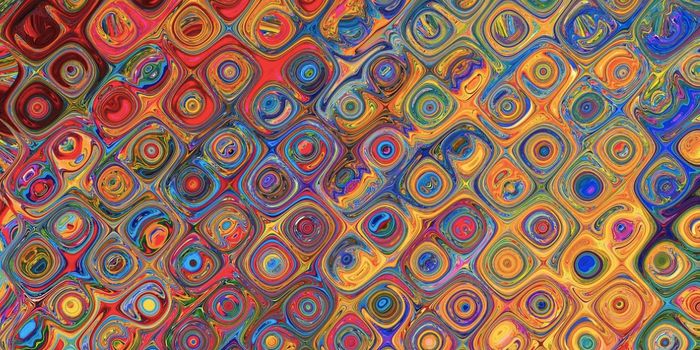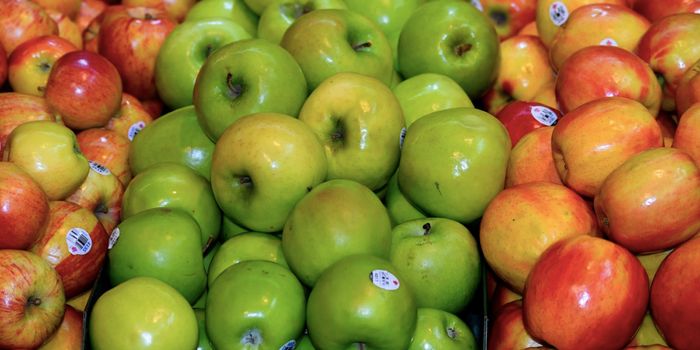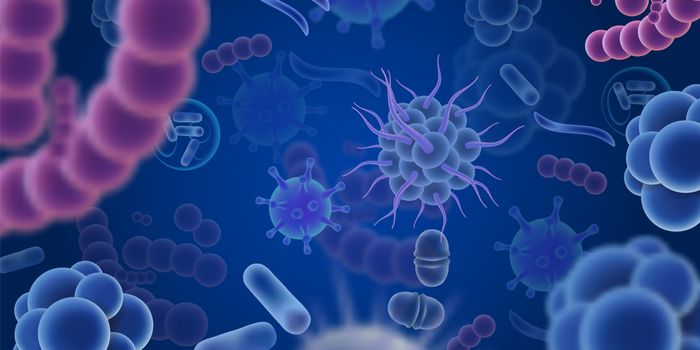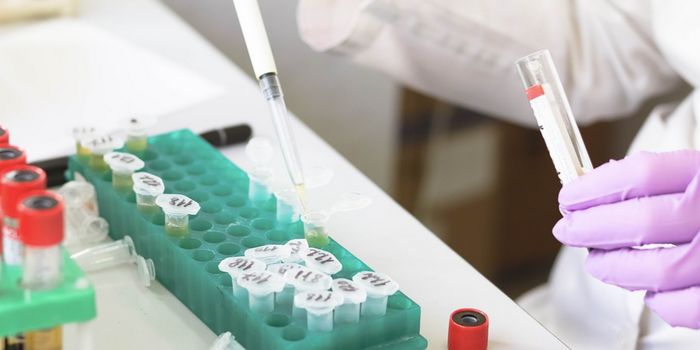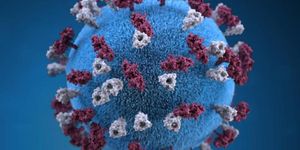Scientists Discover how Imbalanced Genes Drive the Aging Process
A study using artificial intelligence to analyze large datasets of gene expression from many different species has suggested that there is a novel biological mechanism driving aging. After assessing various tissues from mice, rats, killifish and humans of various ages, the researchers have discovered that gene length is linked to most of the molecular changes that happen as organisms age.
Organisms carry many different genes of varying lengths; the sequences of some genes can be extremely small, or hundreds of nucleotides long, while others are much longer, potentially tens of thousands of nucleotides. Cells must balance the expression of short and long genes. Short genes lead to shorter proteins, while long genes typically generate big proteins. The researchers noted that cells also have to maintain a balance between those small and large proteins.
Shorter genes are connected to shorter lifespans, while longer genes are associated with longer lifespans. As genes get older, they alter their activity according to length, and as organisms age, they shift expression towards shorter genes, which also disrupts the balance between short and long gene activity. This finding held true in different animals and in many different tissues including blood, bone, muscle, liver, intestines, heart and brain.
In all of the animals, there were subtle changes to thousands of different genes, which suggested that there is not some small subset of aging-linked genes. Instead, aging is characterized by changes that are happening at the level of the whole organism and its systems. The findings have been reported in Nature Aging.
"The changes in the activity of genes are very, very small, and these small changes involve thousands of genes," said study leader Thomas Stoeger, a postdoctoral researcher at Northwestern University. "We found this change was consistent across different tissues and in different animals. We found it almost everywhere. I find it very elegant that a single, relatively concise principle seems to account for nearly all of the changes in activity of genes that happen in animals as they age."
"The imbalance of genes causes aging because cells and organisms work to remain balanced - what physicians denote as homeostasis," said study co-author Luís A.N. Amaral, a Professor of Chemical and Biological Engineering at Northwestern.
This study started with data from mice of varying ages. Between the ages of four and nine months, the median gene length shifted. A process had begun in early life that became more pronounced as animals got older. Cells seem to be able to counter disruptions that cause imbalances in gene activity, and then suddenly, the cells aren't able to do it anymore, Stoeger explained.
Data from rats and killifish of different ages was examined next. Human data from people aged 30 to 49, or 50 to 69, and those older than 70 was then included. The study showed that by the time humans got to middle age, there were already quantifiable changes in gene expression according to length.
Short genes are still fulfilling important roles. For example, many short genes are involved in fighting pathogens. Some short genes could be providing a short-term survival advantage at the expense of the overall lifespan, suggested Stoeger. "Thus, outside of a research laboratory, these short genes might help survival under harsh conditions at the expense of shortening the animal's ultimate lifespan."
Sources: Northwestern University, Nature Aging


